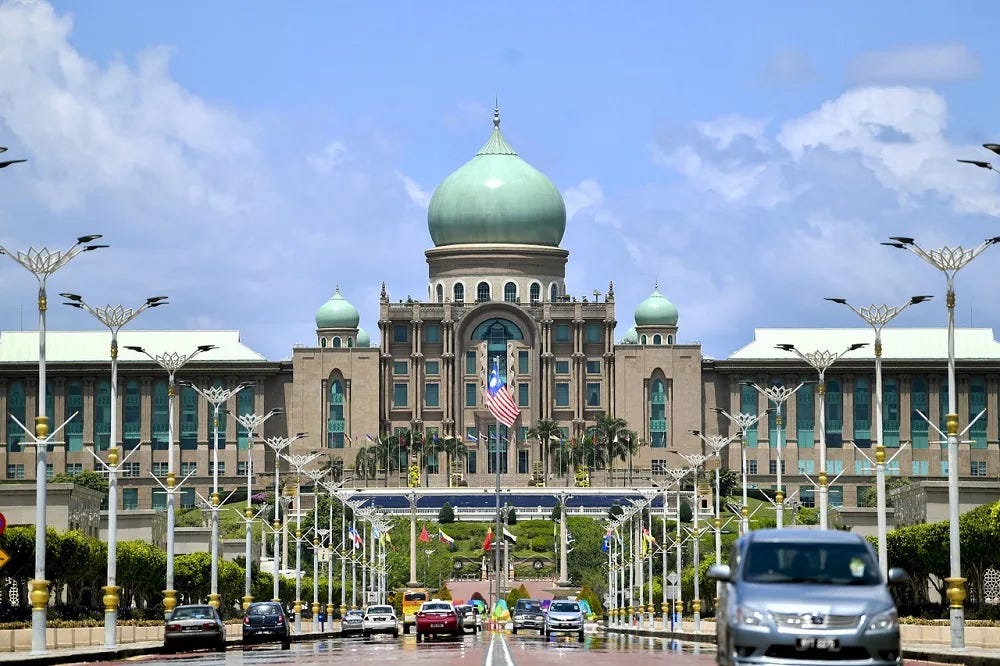New proposed public sector pay rise scheme may cause financial stress for the private sector
Timing for 15-42.7% civil service pay rise plan maybe ill-conceived
The government is planning to raise civil service salaries up to 42.7 percent in a revised Public Service Remuneration System (SSPA) in the coming 2025 federal budget, due to be tables during October, according to the government spokesman Fahmi Fadzil.
According to Fahmi, lower grade civil servants will receive the highest new increments, while higher grade civil servants will receive salary hikes of 15 percent or more, depending upon the grade.
Only, last May civil servants were given a 13 percent pay rise. Before the May pay rise announcement, the average monthly salaries of civil servants is already RM 7,200 per month or RM 86,400 per annum. This is way above national per-capita income of RM 54,612 per annum.
Around 24% of total budget spending is already on public service salaries, these pay rises are going to massively increase this figure, expanding the deficit next year.
Pay parody between the public and private sectors swung in favour of the public sector during the Covid pandemic. Many firms within the private sector were forced to cut salaries due to business downturns and MCOs, while the public sector workers were granted pay rises.
The governments plan is a dual strategy. They are using civil servant salaries as a benchmark to force up private sector salaries. The government doesn’t have any statutory controls over private sector salaries. Secondly, civil servants are an important electoral constituency for the ‘unity government’, and these proposed pay rises could shore up potential electoral support.
However, undertaking this strategy during an uncertain economic period ahead, where much of the world may be falling into recession. Thus, Malaysian businesses that are export orientated may feel great financial strain, if the are forced to follow public sector ‘wage signals’.
This could lead to some private sector unemployment in the later part of 2025. This is what the government should want to avoid.
Wage rises without productivity gains is going to decrease public sector, and indeed national productivity levels substantially. This is an important foreign investment indicator, which may give the wrong signals to the world. High and new technology companies would prefer to steer clear of low productivity countries.
Finally, the proposed salaries rise will reinforce the going class gap in the country. The wealth gap will substantially widen with these pay rises, as well as the GINI index.
Civil servants will become and elite class in the nation.
Subscribe Below:





They will be the Ketuanan of Malaysia. It has been their intention all along.